
Commentaries | May 08,2021
Jun 19 , 2021.
The wait for Ethiopia’s sixth national elections, since it became a federal republic in the mid-1990s, has been long and daunting. Lately, it has also been painted blue by the expansive campaigning of the Prosperity Party, from Jimma to Addis Abeba. The ruling party has been nothing less than assertive of its record over the past few years. Its leaders have bought out supporters, many sporting T-shirts advertising campaign slogans and billboards broadcasting visibly the candidates, behind them a blue background.
Even the events over the past few weeks seem designed to promote the incumbent for the elections, polls scheduled for tomorrow - finally. From inaugurating the long-delayed Tana Beles I Sugar project to the transformed Mesqel Square, they serve the equivalent of campaign stops for any observer steeped in African electioneering tactics.
The mood in the rest of the country is different.
Public opinion polls are not as forthcoming to put a number on it, but the elections are probably met with more trepidation than anticipation. This is not merely because elections more often than not come with some violence in Africa. Nor is it only that past elections in Ethiopia have seen their fair share of unrest with bloody consequences, as in 2005.
Ethiopians have been battered with some of the worst atrocities known to humankind over the past few years. The bloodied and butchered elephant in the room is the Tigray Regional State, which is going through displacement, hunger and civil war. The rampage, looting and wanton killings, not to mention the widespread rape, have made Tigray the poster child for the horror of war. It is not that the rest of the country doing that great either. Violent conflicts inflict suffering: Unidentified armed groups terrorize the population; mobs are lynching individuals in broad daylight before a large crowd; and communal conflicts have been more frequent than ever before.
Indeed, dark clouds are gathering on the economic front. The Birr has lost so much ground to the Dollars over the past three years than it did in the 25 years since the early 1990s. Inflation eats up household incomes, lowering the standard of living. And COVID-19 take lives every day.
Conducting elections under such an environment is no mean feat. There has even been debating whether there is a point to it anymore. Close to 105 and 133 seats in federal and regional parliaments, respectively, will not be voted on until September 06, due to security issues as well as snags in the printing of ballots, according to the National Election Board of Ethiopia (NEBE). No one knows when normal life would be returned to the population in the Tigray region, let alone conducting elections, postponed to no certain period.
The situation is further exacerbated by several but key opposition parties not taking part in the elections. A closed political space has never held an administration in Ethiopia from claiming legitimacy in elections. Still, it is one more compounding issue in a political situation that is as dispiriting and disheartening as they come.
In the end, there is little in the way of alternative to holding elections, if only to fend against the absence of a government, a far more adverse situation. Encouragement could be found in the Electoral Board’s exertion of all its efforts under criticism and disdain.
Birtukan Mideksa heads an institution tasked with winning public trust in a country that has never seen credible elections. All the while, the political and economic situation exacerbated, war erupted, and a pandemic killed thousands. Some parties still accuse the Board of leaning too close to the incumbent, while the political situation has meant that whatever Birtukan and her team’s good deeds, the job is thankless.
There is no alternative now but to try and salvage whatever is possible from the elections and use the outcome to improve the political and economic prospects of over 100 million people. Of course, for this to happen, there are post-election efforts that need to take place. But this requires political leaders that are sanguine and above partisan power politics. The stakes have never been so high.
Whichever party and its leaders claiming victory from the elections (and it takes little imagination to figure this out) have choices to make.
They may pretend that business is as usual and move into a new government come October 2021. They may claim to have worked with the officials at the electoral board to ensure the security of the ballots and a smooth counting process. They would capitalize on the coordinated efforts of regional and federal authorities with responsibilities to respond to polling irregularities.
They may claim that parties with misgivings over the process and the outcome of the elections should go to the courts. This, too, could be for the courts to have their independence tested. Those in political power may express their disappointment with the court rulings, as the case had been with a recent verdict where jailed candidates of the Balderas for Genuine Democracy (BGD) were allowed to run for the elections. No doubt this was to the headache of the Attorney General’s Office and the electoral board.
The authorities may pretend that this all to it in governing Ethiopia. They will only perpetuate the historical mistake their predecessors have committed.
It is essential to acknowledge that Ethiopia’s population’s polarisation and fracture cannot be bridged with electoral politics. Elections and the results they produce will not be enough in erasing the fact that there are major opposition parties, their leaders and followers marginalized from the political process. But they, too have to call for peace and reject force to advance a political objective.
It is also critical to hold that, for all its shortcomings, the 2021 national elections are not the only and last chance for genuine constitutional order. If the new government that it is formed has the courage, it could stir the country into a constructive and hopeful course.
The government that is formed after October should use the coming years to enter into a political process for negotiations and compromise. It should strive to achieve a political settlement with and among social and political forces within and outside the “fence”. There can be no political force to claim the moral high ground as an agent of good. Neither are there those that are the genius of evil.
A political settlement between the “victors” and the “vanquished” is a road never taken in Ethiopia’s history. It remains the most elusive target. Political settlement through negotiations and compromises – through hard bargain – could only come by extending a hand to all political forces a chance to participate in the nation's political life. All social and political forces should have the opportunity to represent constituencies as long as they commit to not using violence.
In the absence of a grand bargain, there should be no reason to hope for the next five years to be different for Ethiopia than the past half a decade has been - since the first state of emergency was declared in 2016.
PUBLISHED ON
Jun 19,2021 [ VOL
22 , NO
1103]

Commentaries | May 08,2021
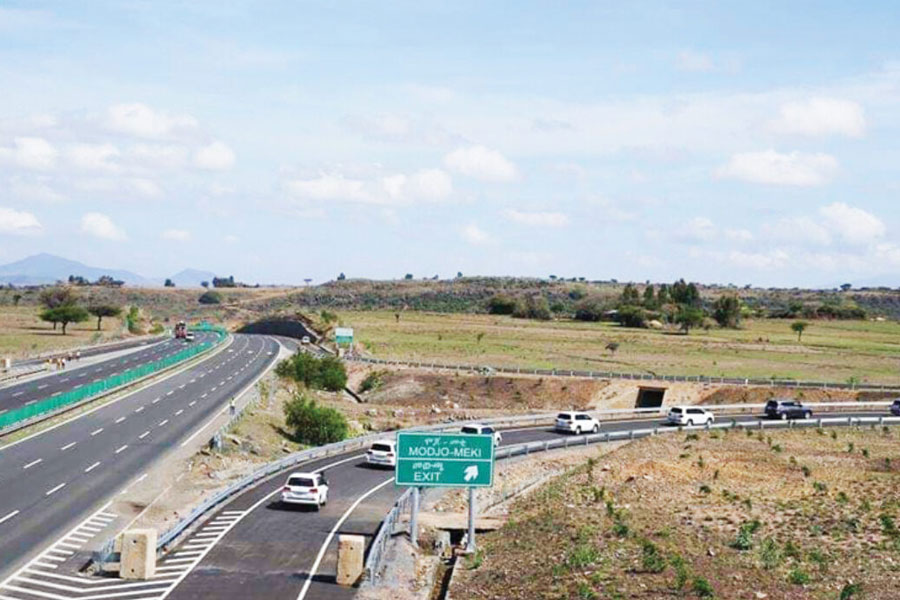
Fortune News | Sep 18,2021
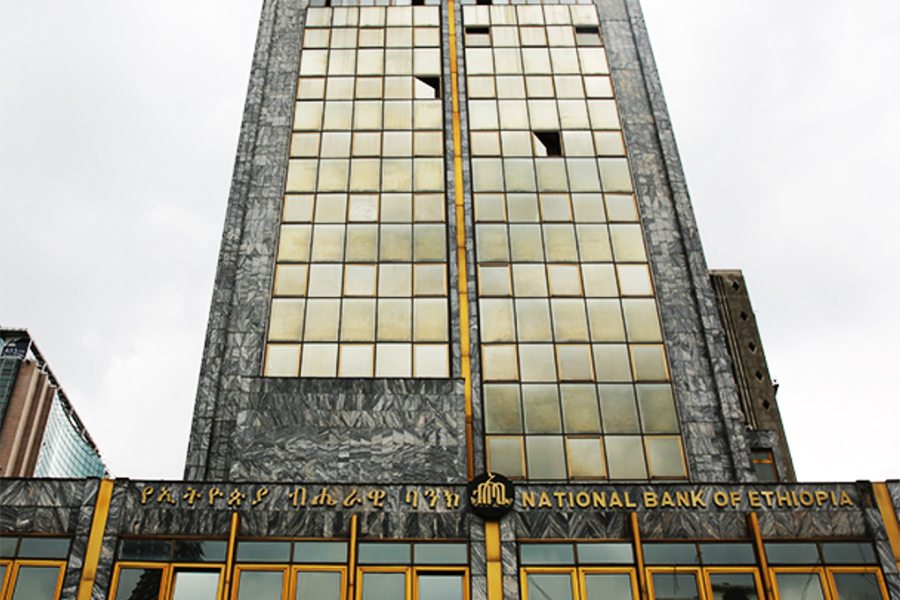
Fortune News | Sep 30,2021
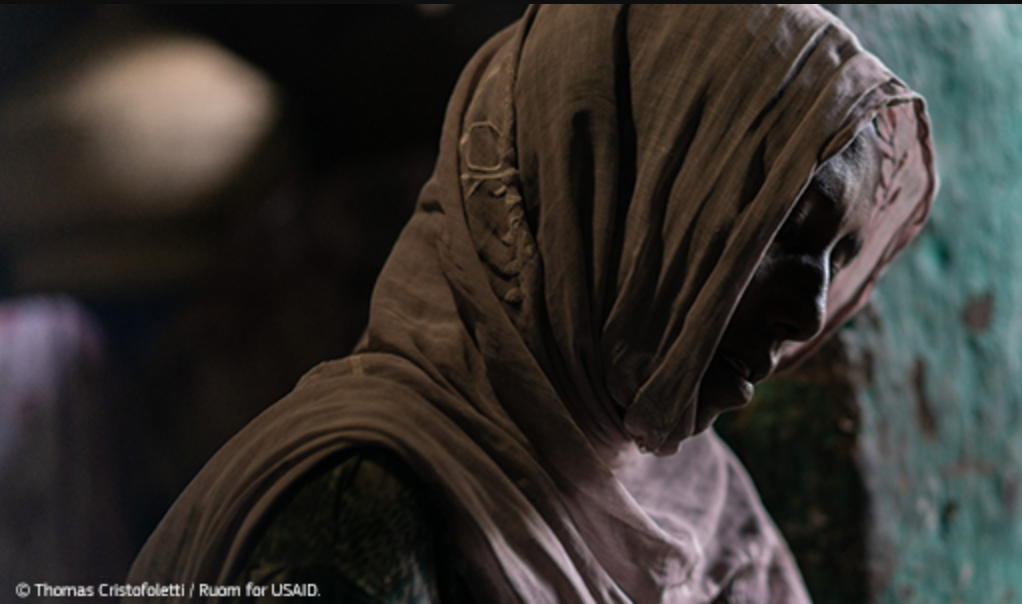
Fortune News | Jun 10,2021

Radar | May 23,2021
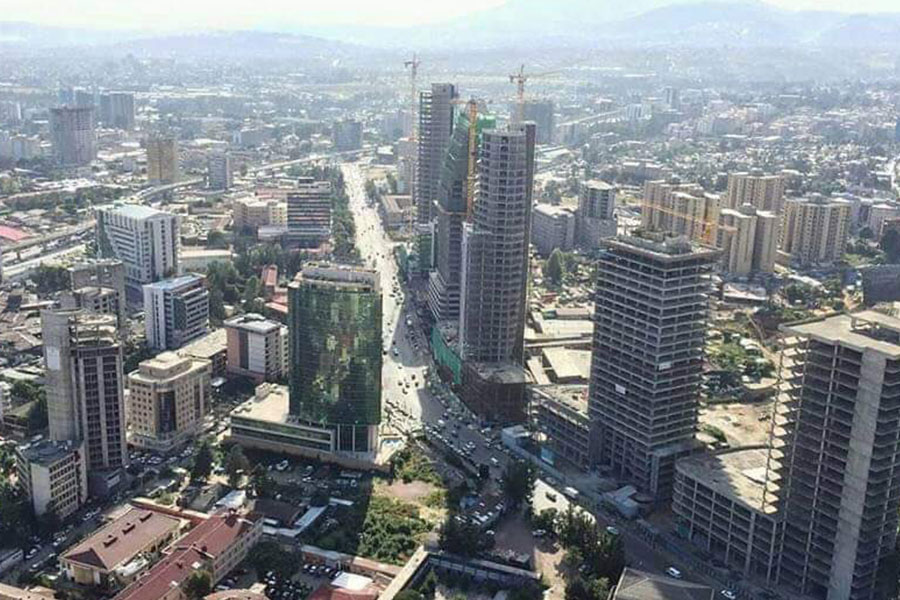
Agenda | Oct 16,2021
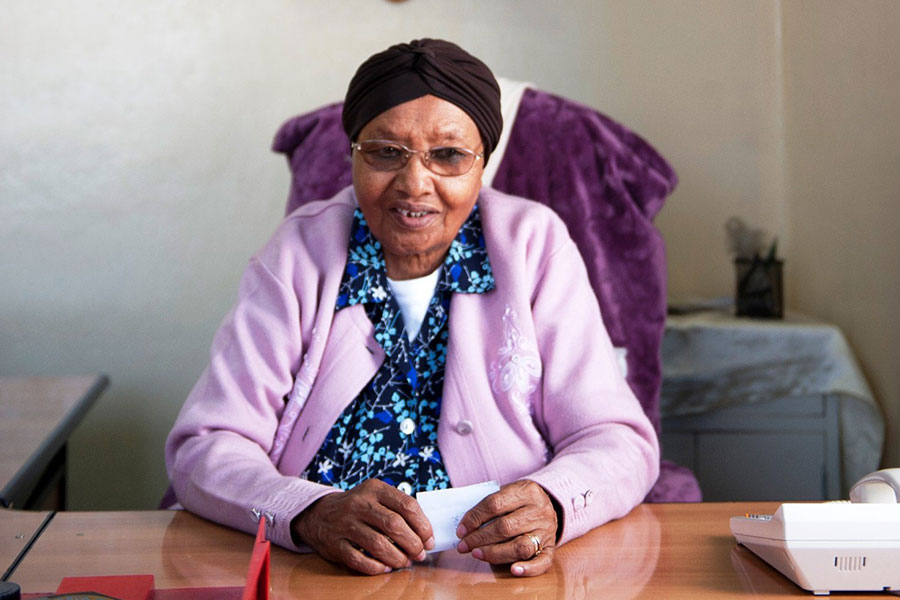
Obituary | Jul 11,2021
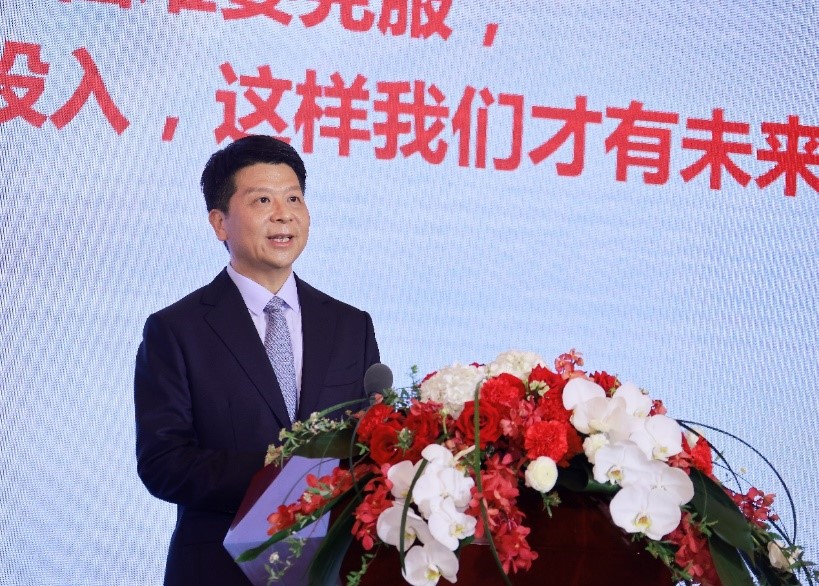
Sponsored Contents | Apr 05,2022

Radar | Jul 11,2021
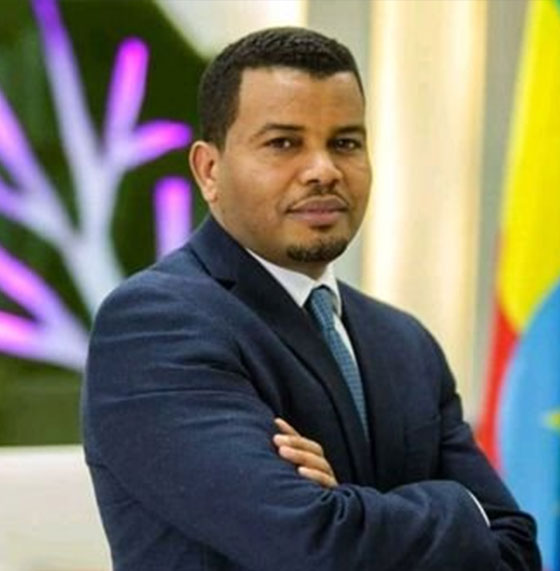
Radar | Oct 02,2021

Photo Gallery | 180299 Views | May 06,2019

Photo Gallery | 170496 Views | Apr 26,2019

Photo Gallery | 161527 Views | Oct 06,2021

My Opinion | 137271 Views | Aug 14,2021

Dec 22 , 2024 . By TIZITA SHEWAFERAW
Charged with transforming colossal state-owned enterprises into modern and competitiv...

Aug 18 , 2024 . By AKSAH ITALO
Although predictable Yonas Zerihun's job in the ride-hailing service is not immune to...

Jul 28 , 2024 . By TIZITA SHEWAFERAW
Unhabitual, perhaps too many, Samuel Gebreyohannes, 38, used to occasionally enjoy a couple of beers at breakfast. However, he recently swit...

Jul 13 , 2024 . By AKSAH ITALO
Investors who rely on tractors, trucks, and field vehicles for commuting, transporting commodities, and f...

Nov 2 , 2025
The National Bank of Ethiopia (NBE) has scrapped the credit-growth ceiling that had s...

Nov 2 , 2025 . By SURAFEL MULUGETA
The burgeoning data mining industry is struggling with mounting concerns following th...

Nov 2 , 2025 . By YITBAREK GETACHEW
Berhan Bank has chosen a different route in its pursuit of a new headquarters, opting for a transitional building instea...

Nov 2 , 2025 . By BEZAWIT HULUAGER
Nib International Bank S.C. has found itself at the epicentre of a severe governance...